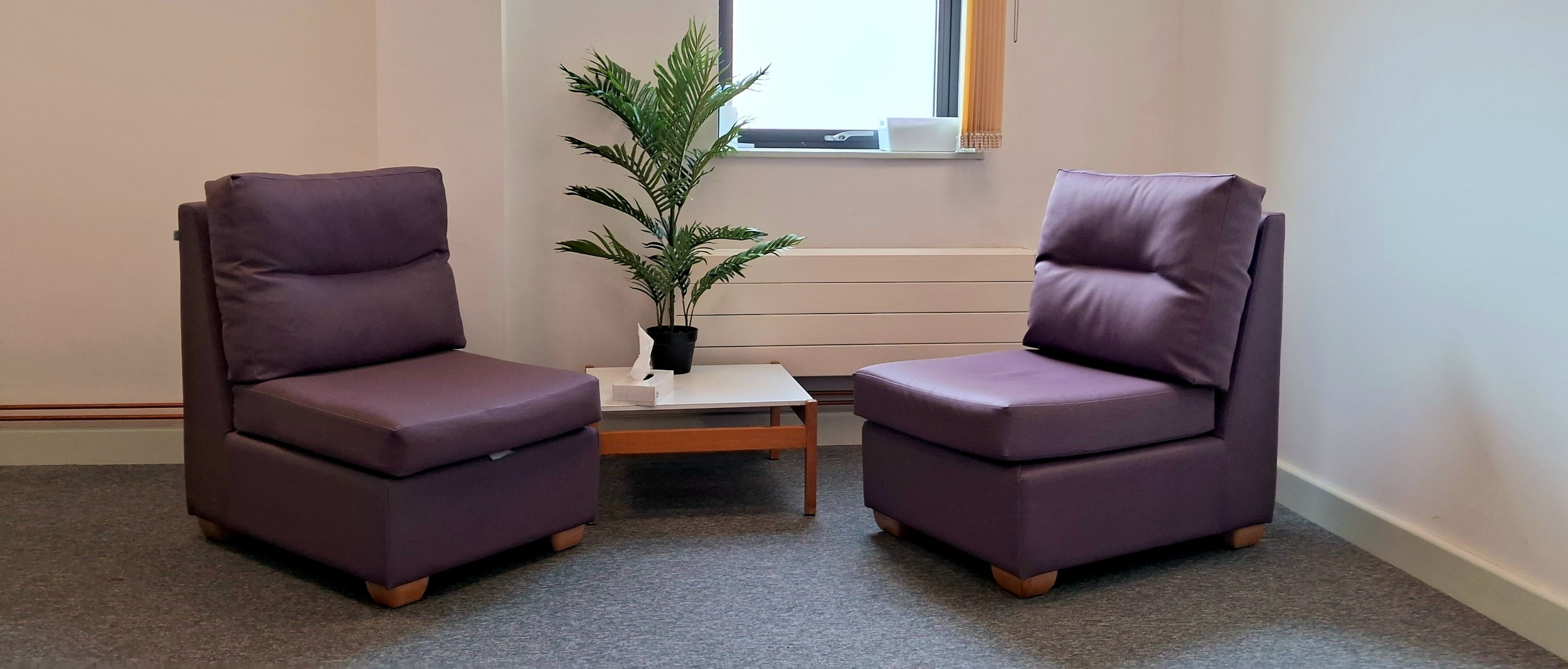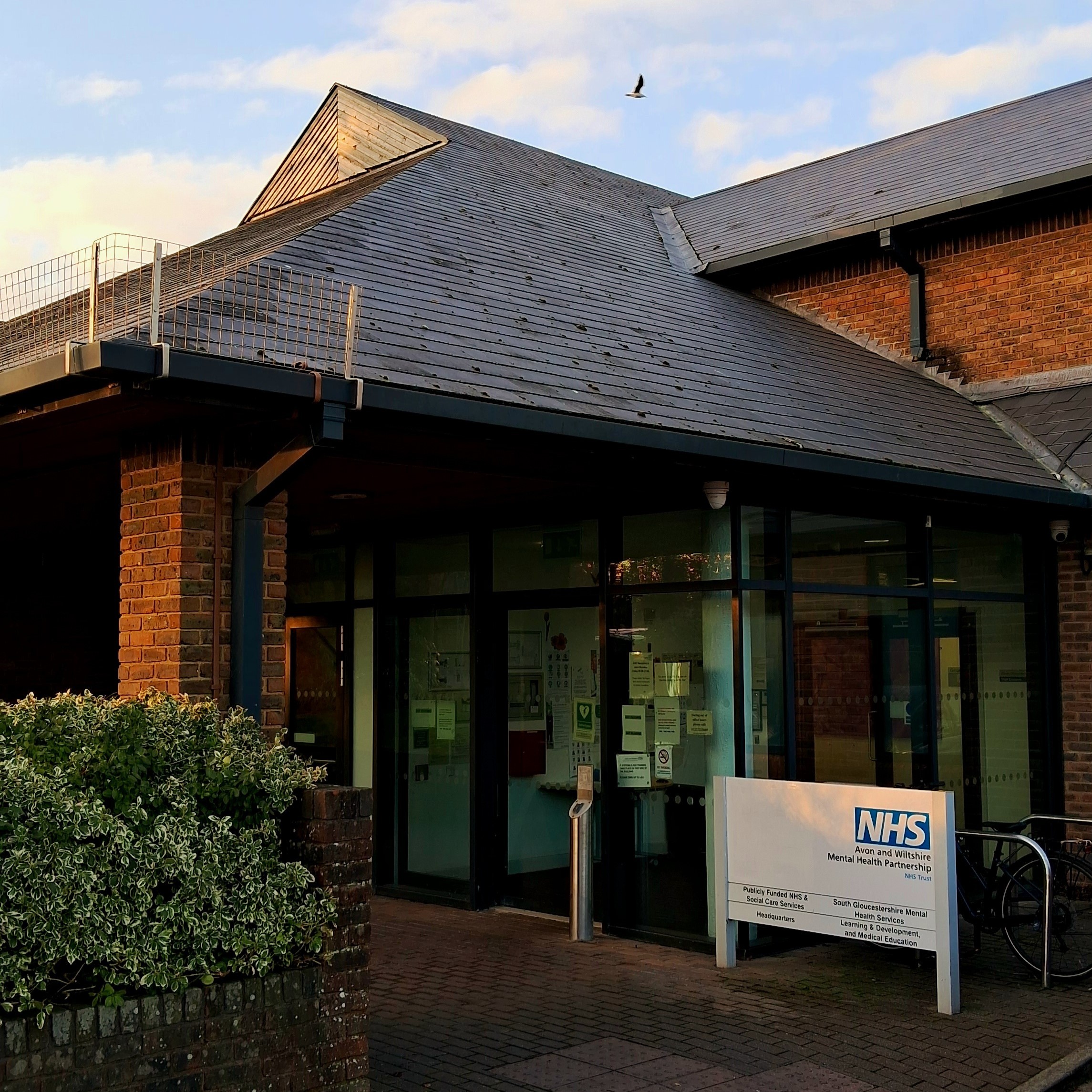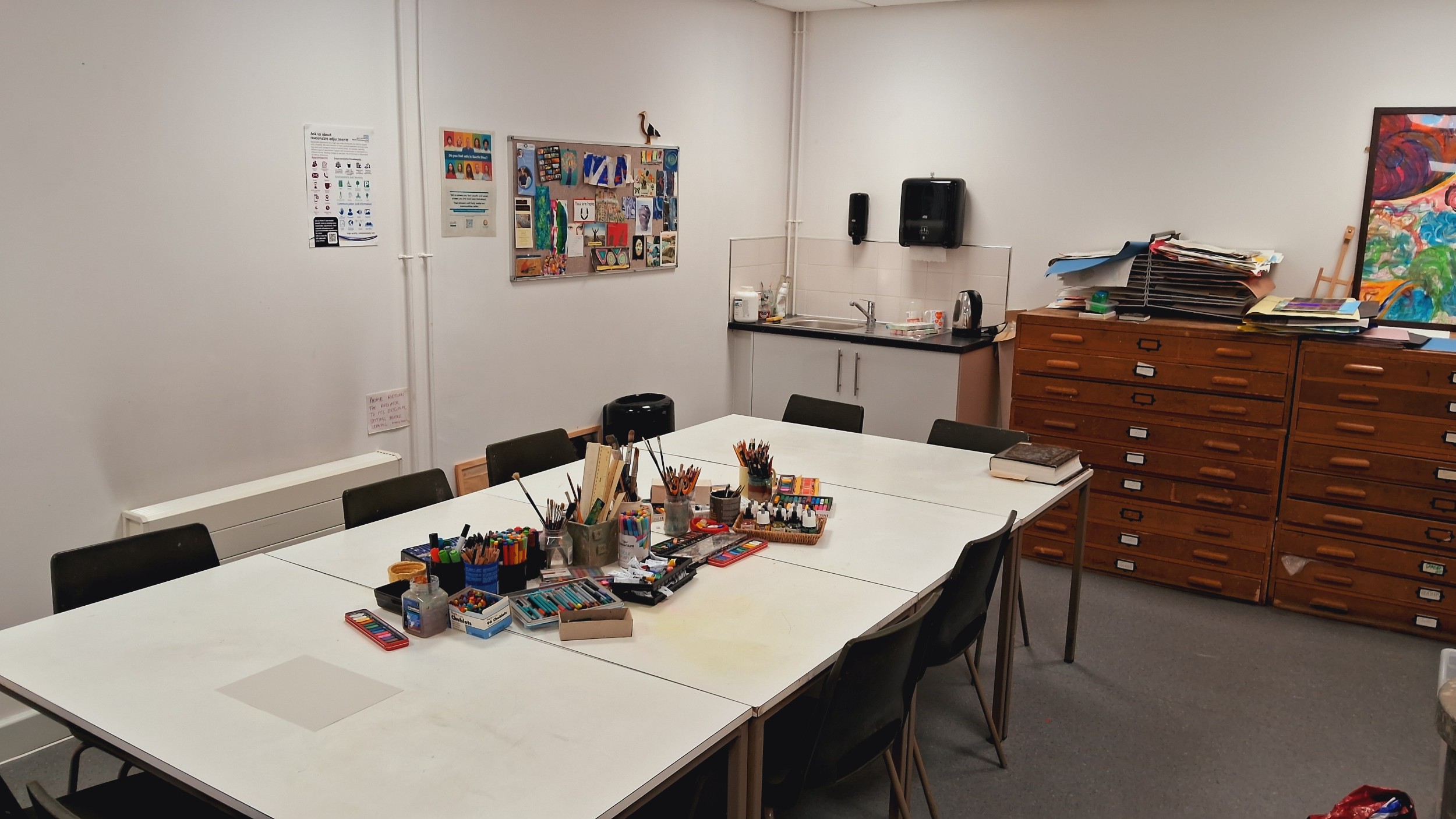The South Gloucestershire Psychological Therapies Service delivers specialist, evidence-based psychological interventions to adults who are accessing community mental health services in the South Gloucestershire area. The service has two main functions:
1. Providing psychological therapy
This involves talking, listening, and creative approaches to support individuals in developing understanding and making positive changes in their lives. A range of interventions is offered, including psychological and neuropsychological assessment, formulation, psychoeducational groups, individual therapy, and group therapy.
2. Supporting mental health teams through psychologically informed practice
This includes offering supervision and advice to other mental health professionals, helping to guide positive interactions that benefit service users. Members of the team often work alongside mental health staff in this capacity.

To be referred to the Psychological Therapies Service (PTS), please discuss this with your key worker (formerly known as care coordinator).
What happens next?
If you are referred to the Psychological Therapies Service, you will be invited to have a conversation with a member of our team. We encourage you to ask a family member, friend, or carer to join us in this conversation, if you feel that would be helpful.
Together, we will decide whether now is the right time to start working with PTS, and if so, which type of intervention would be best suited to your needs.
An assessment will be tailored to your needs, this can sometimes take more than one appointment. These are some of the things the assessment may involve:
• an opportunity for you to describe your strengths and difficulties
• a chance to develop an understanding of how your difficulties arose
• you may be asked about things that have happened in your life (but you do not have to talk about anything that you do not want to)
• completing some questionnaires
A number of individual and group therapies are available. Therapy can be helpful for some people, but it does not work for everyone. Research also tells us that some kinds of therapy work better for some people than others. You may also have your own preferences about the kind of therapy you would like.
• What would you like therapy to help you with?
• If there are many things, which would make the most difference to you being able to get the most out of life?
• Can you attend regularly?
• Are you able to take an active role in sessions?
• Some therapies ask you to complete tasks between sessions - is this something you could do?
• Are you ready to make changes?
• Are you able/willing to explore your feelings?
• Is now a good time for you to do this?
• Therapy can sometimes bring up difficult feelings – do you feel able to cope with this now?
• How much support do you have?


